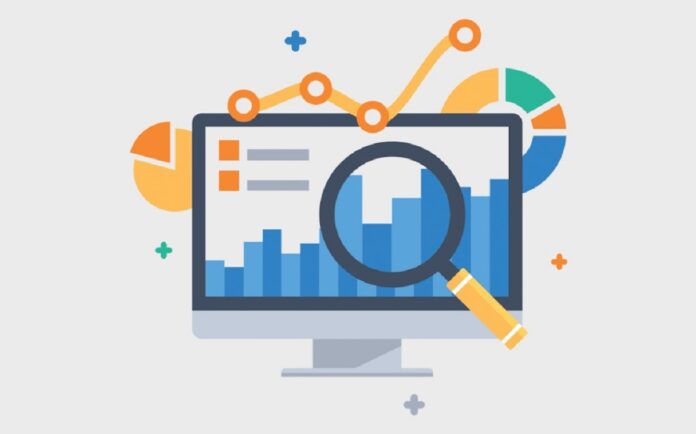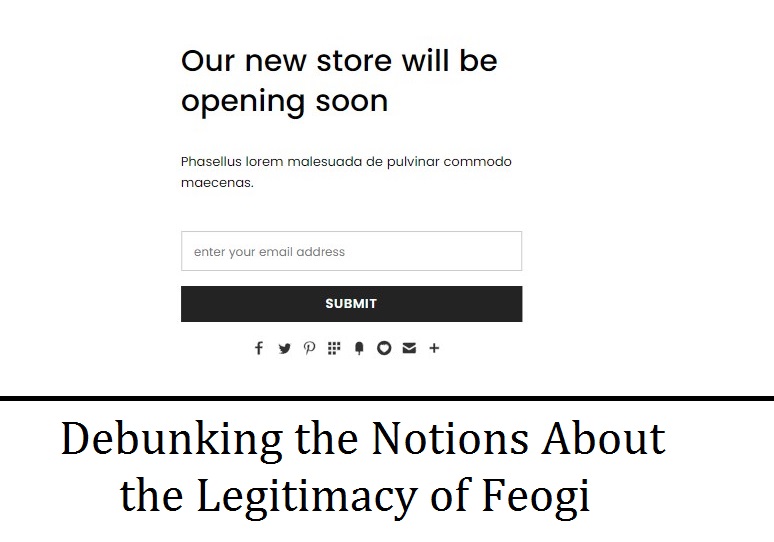Imagine if your favorite store just guessed what you wanted every time you walked in. Sometimes they’d be right, but most of the time they’d probably miss. That’s what marketing used to be like…mostly guesswork. Today, thanks to data, businesses don’t have to guess anymore. They can see what you like, what you click on, and what you buy. This is called data-driven marketing, and it helps companies make smarter choices. Instead of random ads, you get ones that actually matter to you. It’s like marketing finally learned how to pay attention.
Understanding Customer Behavior
Every time you shop online, scroll through a site, or click an ad, you leave little clues about what you like. Businesses collect these clues (called data) and put them together like a puzzle. Maybe you check out sneakers but don’t buy. Now they know you’re interested. Next time, you’ll probably see sneaker ads popping up everywhere. That’s data-driven marketing in action. By understanding what customers do, companies can give you better deals, recommend the right products, and even figure out when you’re most likely to hit “buy.”
Turning Data into Personalization
Have you ever gotten a playlist from Spotify or a product suggestion from Amazon that felt spot-on? That’s personalization, and it’s powered by data. Companies use analytics to figure out your taste, so instead of sending you random stuff, they send you things you actually care about. Personalized emails, ads, and recommendations make shopping way easier, and honestly, a little cooler. For businesses, personalization also saves money, since they don’t waste energy trying to sell things you’d never buy. It’s a win for both sides: you get relevance, they get results.
Keeping Data Safe and Secure
Of course, when companies collect all this information, they have to protect it. Imagine if someone hacked your health app or shopping history. That would feel creepy, right? That’s why security is a huge deal in data-driven marketing. Businesses use threat intelligence from companies like Red Canary to spot unusual activity and stop problems before they get big. Think of it like a guard dog for your data. It’s always watching for trouble. When your info is safe, you can trust the apps and sites you use, and companies can keep building cool new tools.
Measuring What Really Matters
Not all data is equally important. Some numbers, like “likes” on a post, look nice but don’t actually mean much. Smart marketers look at the numbers that count, like how many people actually buy something or how many stick with a brand over time. This helps them see what’s working and what’s just fluff. Focusing on the right numbers means companies spend less money on useless ads and more on the stuff that really drives results. In other words, they stop chasing popularity and start chasing success.
Smarter Ads, Fewer Guessing Games
The future of marketing is going to get even smarter. Artificial intelligence will let businesses predict what you might want before you even realize it yourself. Imagine opening your phone and seeing the perfect recommendation waiting for you. It’ll feel like magic. But with all this power, companies will also have to respect privacy more than ever. Nobody likes the idea of being “spied on.” The best brands will be the ones that use data responsibly while still making life easier for customers. Done right, data-driven marketing could make ads actually useful.










